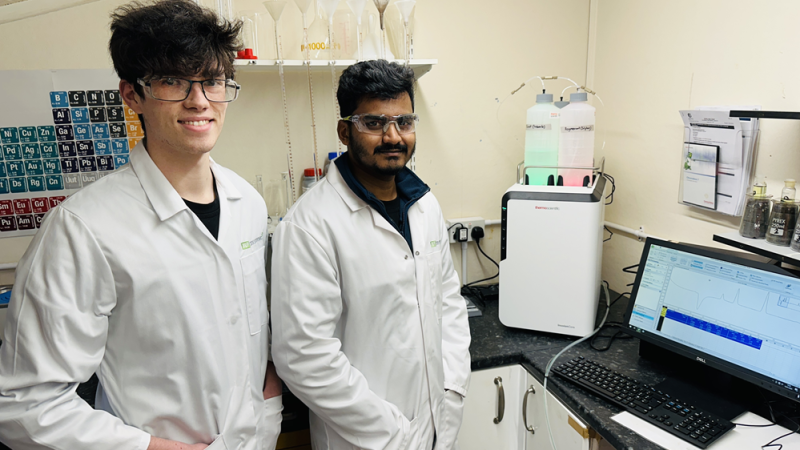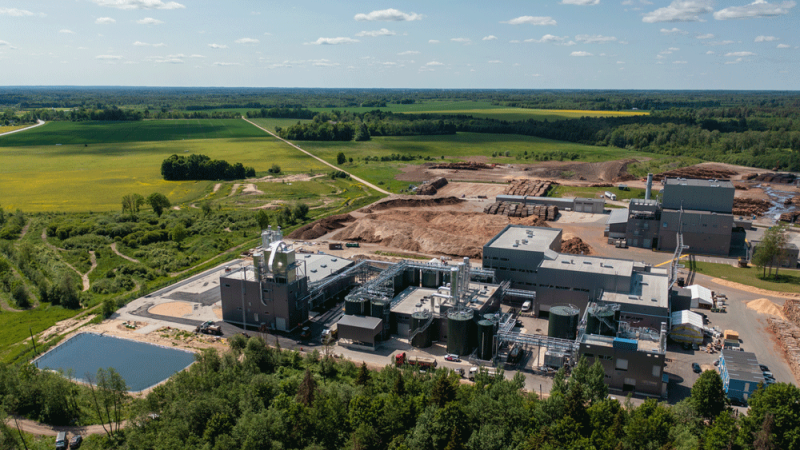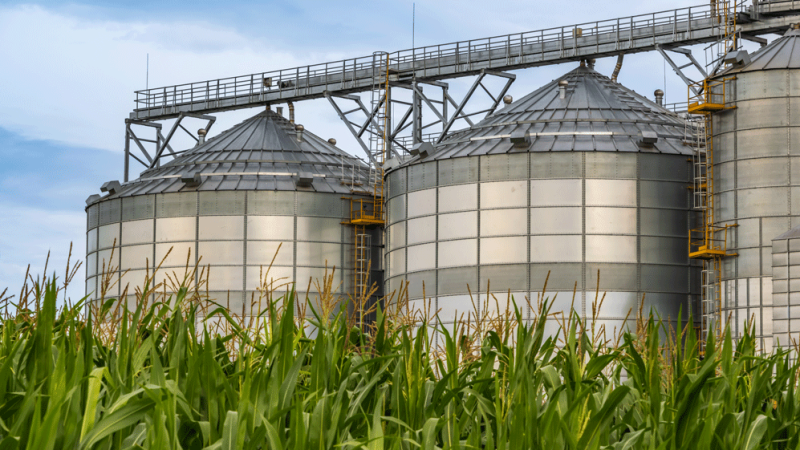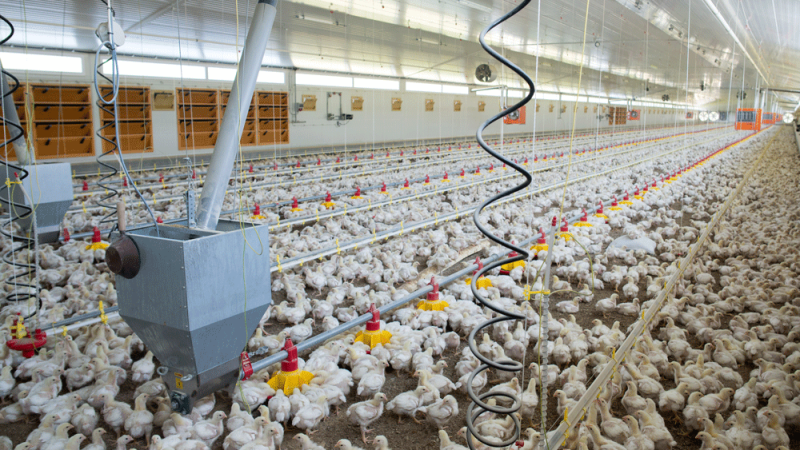Kelfoods is a company with a vision, and that vision is to be the best cost producer of quality animal protein and feed in not only the Malawian market but its neighbouring countries as well. It aims to do this by offering superior quality products and services through its integrated poultry and animal feed brands.
Kelfoods offers quality table eggs, animal feed, day-old broiler chicks, animal health products and services under its nationally recognised brands, Donna’s Eggs, Proto Feeds, Proto Chicks and Proto Vet.
“We have over 1.5-million-layer birds on the ground and we are producing a million eggs a day, graded in a state-of-the-art grader and sold under our ‘Donna’s Eggs’ brand out of more than 100 of our own shops in Malawi,” explains Kelfoods Chief Operations Officer, Soti Michael.
Throughout its history, Kelfoods has consistently expanded its business while ensuring it can provide affordable, easily available and healthy animal proteins to the people of Malawi while enabling them to develop their own local businesses. Talking to Michael,
it is clear this is not just a business plan, it is a responsibility Kelfoods takes very seriously.
In living up to that responsibility, Kelfoods works through seven strategically placed bio-secure layer farms, and its own broiler and layer breeder farms, with the capacity for 222,000 broilers and 102,000 layer egg sets per week.
But as Michael points out, quantity is only half the battle.
“Our unique selling point is all about quality and service. We don’t undermine our brand, putting a great emphasis on quality and service to our customers,” Michael says. “We always ensure our products are always 100% best in class, whether it’s our eggs, chicks, or feed which we sell under our Donna & Proto brands.”
Birds of a Feather
Of course, it is not a mission without challenges. To begin with, business in Malawi can be made difficult by foreign exchange rates, inflating the prices of necessary imported goods.
“Fortunately, we have suppliers who are willing to partner with us and take on the risks alongside us, providing us with credit and support when we struggle with Forex rates, for instance,” Michae l points out. “We have strong partners and suppliers who understand our business and work hand-in-hand with us.”
l points out. “We have strong partners and suppliers who understand our business and work hand-in-hand with us.”
That cooperation is borne out of longstanding and care-fully maintained relationships with suppliers and business partners.
“We keep to our word and say it as it is,” Michael says. “We also have very strong ties with the banks, so everything works together as long as everyone has an understanding of the nature of the business that we work in.”
That spirit of cooperation is equally visible within Kelfoods’ own company. The firm employs in the region of 1,500 people, who Michael sees as a resource and ongoing investment for the company.
“We believe in in-house training and promoting from within. We bring in talent from outside that is equipped with general educational experience, but from then on it is about training in-house and motivating people to reach their career goals with us,” Michael explains. “We give them opportunities to take managerial roles and grow within the company.”
Wherever that talent comes from, it shares Kelfoods commitment to quality.
“It’s all about culture, training from within. The Kelfoods culture is one of cleanliness and tidiness.
Everyone is working for the same brand, the image on Donna’s Eggs and Proto Feeds,” Michael says. “With standard operating procedures, audits, stock takes, and an environmental health and safety department. Whatever first-world companies are doing, we aim to do the same. We train our people so that we can abide by all the rules and regulations required to deliver quality and service to our customers.”
Spirit of Cooperation
As we have already pointed out, this is a time of expansion for Kelfoods, which means the company is starting to move into foreign markets. But that growth is also taking place at home, where Kelfoods is continuing to build its support for smallholder poultry farmers.
“Our main business model for day-old chicks is to support smallholders. Our brand is built to sustain small-hold farmers in the poultry business,” Michael insists.
This is why Kelfoods works to train up to 1,000 new poultry farmers every year.
“We pay for transport and give people a three-day practical and theoretical experience on the farm with all ages of broiler bird from day-old Chicks to five weeks,” Michael explains. “They see the whole process for three days, giving them a Poultry Manual and certificate to assist current farmers in the right poultry practices and encourage potential new poultry farmers. This is completely free to the whole of Malawi.”
The program is known as “kupindula ndi proto” and is available to Malawians between the ages of 18 to 40. 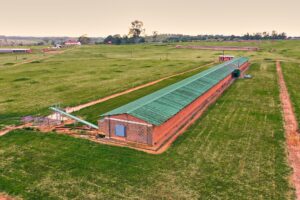 It includes not just training, but also starter packs for their business. The aim is to encourage people to venture into the poultry business, and for Kelfoods this is more than a project of the hour, it is a long-term scheme to ensure the future of the industry.
It includes not just training, but also starter packs for their business. The aim is to encourage people to venture into the poultry business, and for Kelfoods this is more than a project of the hour, it is a long-term scheme to ensure the future of the industry.
In its first year, Kelfoods recruited 20 men and 20 women. Each of them was given a starter pack including 100 chicks, a bag of starter feed, chick feeding trays, drinkers, and vitamins. Importantly, these new farmers are not simply abandoned with their starter packs when they finish the course. They are supported with enough funds to sustain their small farms to point of sale. So far ten farmers have gone on to complete their farmhouses and had them inspected by Kelfoods’ technical advisors.
As well as growing the capacity of the poultry industry, Kelfoods is also working to grow the market.
“We want to dominate Malawi, and continue encouraging the consumption of eggs across the country,” Michael says. “We see it as the cheapest source of protein for Malawians, so we want to make it available in every part of the country. We will then use that success to move into neighbouring countries like Mozambique, and Tanzania.”
But wherever Kelfoods is working, the company’s work is underpinned by a commitment to quality.
“Our main aim is to be a first-world company in a third-world environment, and we aspire to work in all the requirements you would expect of a first-world company,” Michael insists. “We don’t want to look at what other businesses do. We look at the best of the best, and we compare ourselves with them.”


